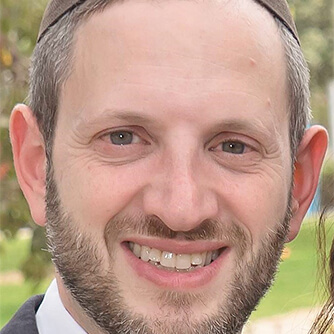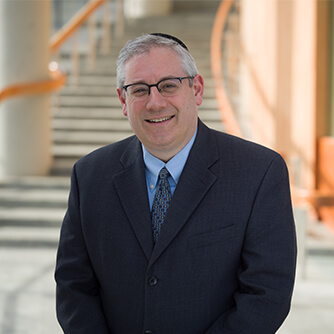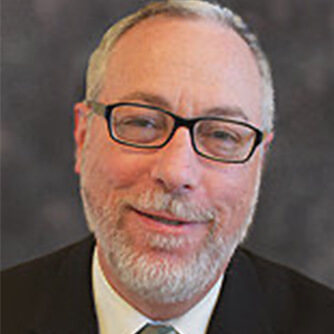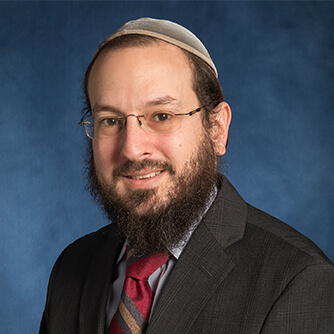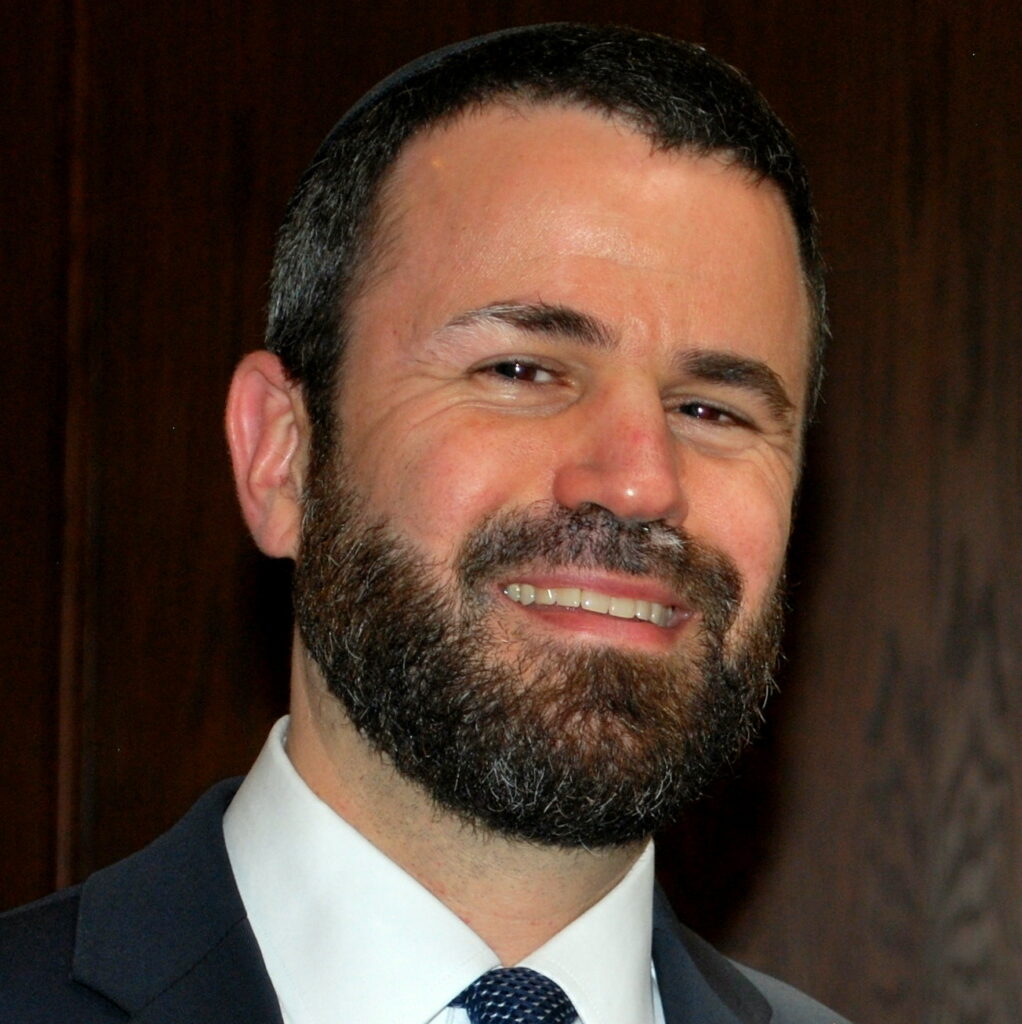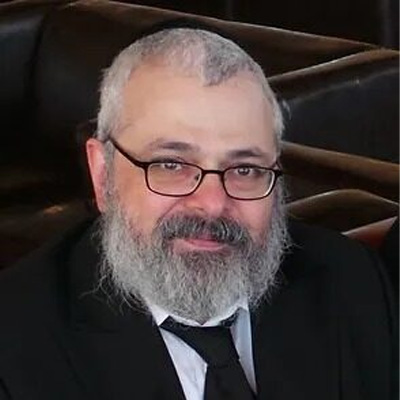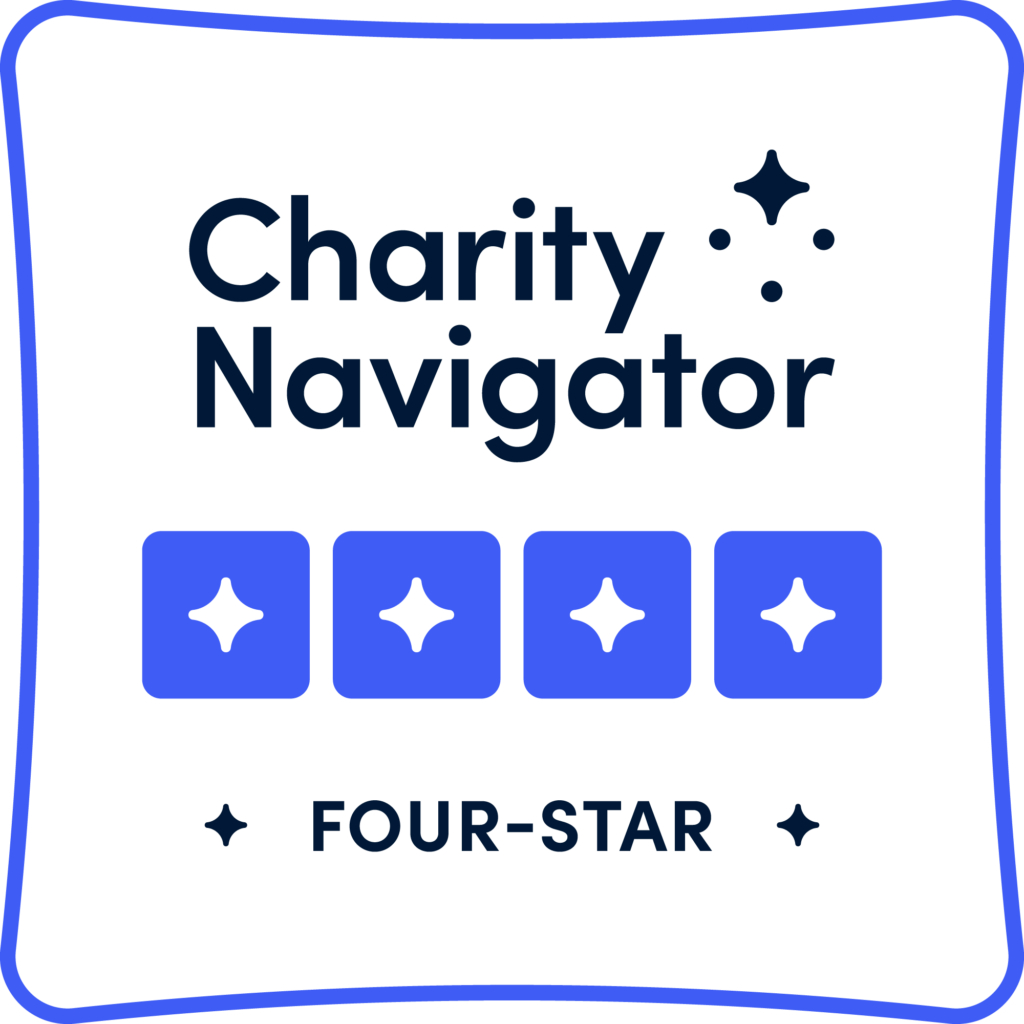About Us
Ematai: Navigate Aging and End-of-Life with Jewish Wisdom & Halacha
Our Mission
We were founded in 2001 to educate about organ donation in Jewish communities. In 2023, we relaunched as Ematai (Hebrew for, “If now now, when?”) with a rededicated mission:
To inspire and educate Jewish individuals & families to honor their values and preferences for aging and end-of-life with Jewish wisdom and halacha.
Educational resources:
Accessible and expert resources for Jewish individuals, communities and healthcare providers seeking inspiration or information on Jewish approaches to aging, end-of-life, and organ donation.
Realtime helpline:
Practical and collaborative halachic guidance for patients, families, rabbis, and healthcare professionals facing medical decisions related to aging, end-of-life care, and organ donation.
Advanced planning tools:
Supportive tools to help individuals and families navigate meaningful conversations and prepare essential documents for future healthcare needs.
Our Purpose
Our name, Ematai (“If not now, when?”), is a call to action. We seek to upstream the necessary conversations that will facilitate meaningful choices later. Ematai helps individuals and their families anticipate the questions they’ll need to answer as they continue on their healthcare journey.
Ematai also explores the big moral questions that society needs to face as technological revolutions change the human experience. We are here to demonstrate how Jewish wisdom responds to the ethical dilemmas often found in healthcare innovation. To this highly relevant moral frontier, Ematai brings together rabbis, healthcare professionals, ethicists, and communal leaders to represent Judaism with a wise and nuanced voice
What We Believe
Judaism is not afraid to confront mortality
We see one common, tragic misconception when people grapple with their future healthcare needs: the belief that it is less stressful to delay uncomfortable yet important conversations about our future to the future itself – or to when it becomes urgent.
Yet innumerable cases and centuries of Jewish thought prove the opposite is true: the earlier we start these conversations, the clearer our healthcare decisions will be. And the better we can protect ourselves and our families from avoidable anxiety.
This is why we ask: Ematai, “If Not Now, When?”
וְאִם לֹא עַכְשָׁיו, אֵימָתַי
For every season of life, there is a purpose
לַכֹּ֖ל זְמָ֑ן וְעֵ֥ת לְכָל־חֵ֖פֶץ תַּ֥חַת הַשָּׁמָֽיִם – קהלת ג:א
“A season is set for everything, a time for every experience under heaven” – Ecclesiastes 3:1
Everything in its time means being present to whatever troubles us: one-day-at-a-time, moment-by-moment. When you divide the magnitude of aging and illness this way, the uncertainty of the future becomes more than just manageable; it becomes navigable. It means living-in and being fulfilled-by what we have in the present, whatever that might be. It includes setting goals and finding hope in achieving them as you recalibrate what it means to feel a sense of meaning and mission.
This process can include spiritual reckoning and inspire uplifting religious experiences. Despite the inherent difficulties that might come our way, these periods may be imbued with prayer, reflection, repentance, and heartfelt conversations that provide for meaningful moments until the very last breath.
Jewish ethics balance cherished values
The Torah greatly values living and affirms the sanctity of all human life. Judaism is also concerned about an individual’s quality of life. Illness can be associated with unbearable suffering, and the Torah mandates us to try to alleviate such agony. At times, these values can seemingly conflict, particularly in moments of uncertain medical prognosis. Patients and their families will need to make difficult decisions. Their health care providers and spiritual mentors can work together to help them navigate these moments
Judaism and medicine can work together
Judaism recognizes the wonders of modern medicine and the expertise of healthcare professionals while affirming that the Torah’s ethical teachings can wisely guide Jews and non-Jews alike in the complex dilemmas posed by 21st-century science. Modern medicine offers many powerful interventions and therapies. Their implementation must be guided by an ethic that respects the dignity found in all creatures created in the Divine image.
For this reason Ematai has created a coalition of rabbinical and medical experts to help you navigate your health care choices.
Just reach out. Even in real-time.
Who We Are
Staff
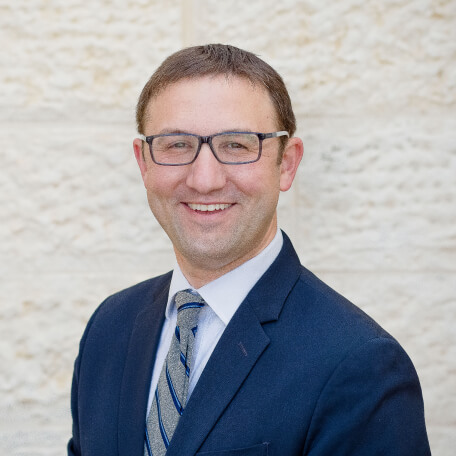
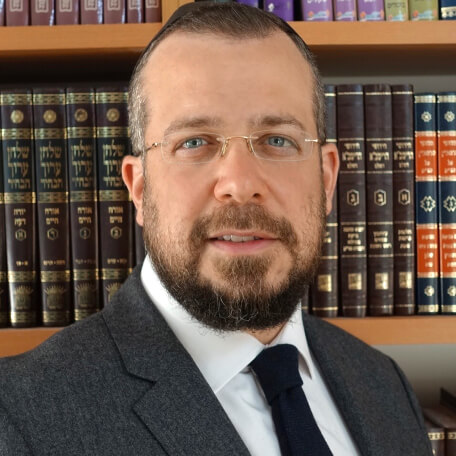
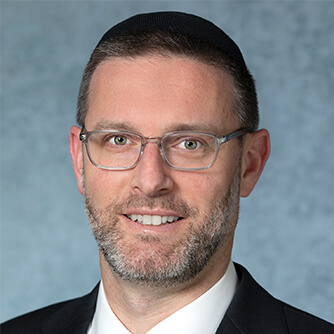
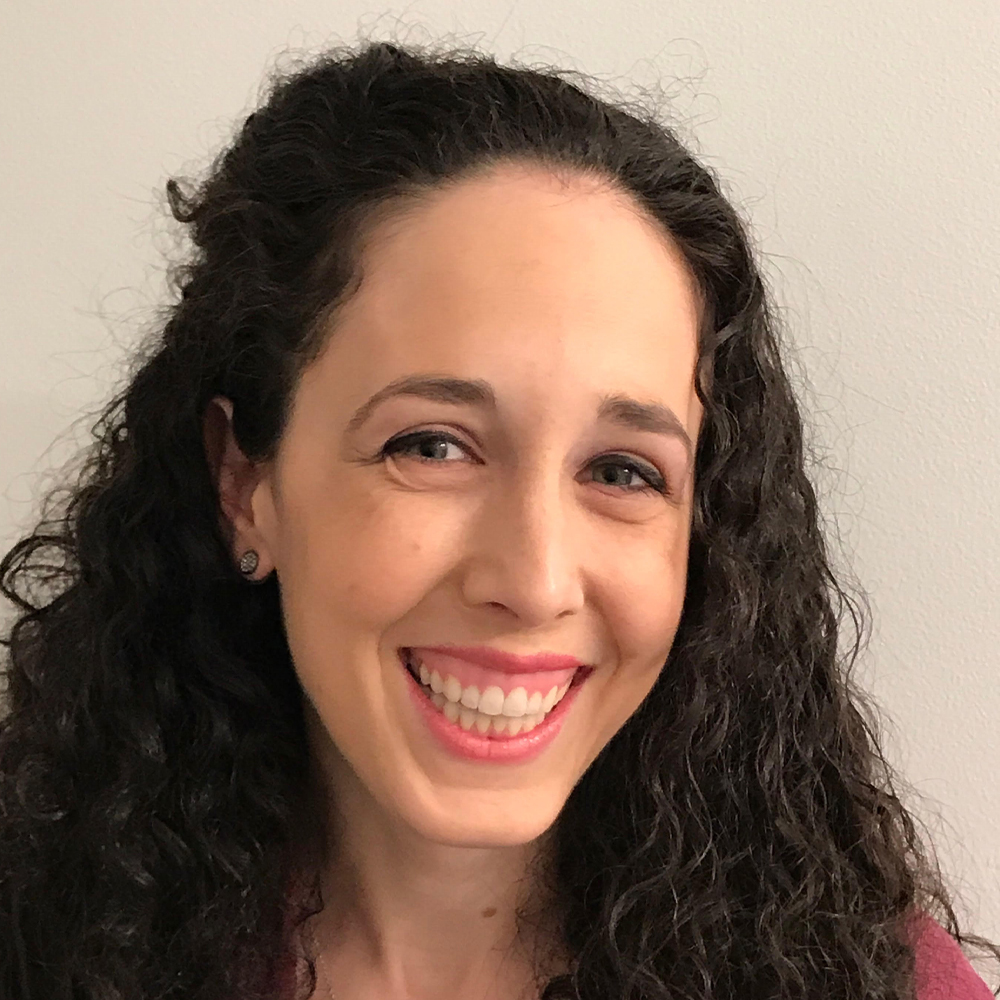
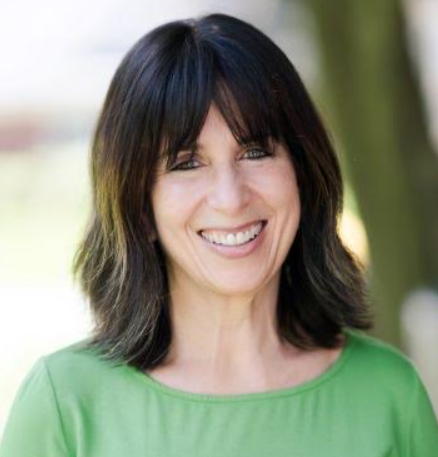
Board of Directors

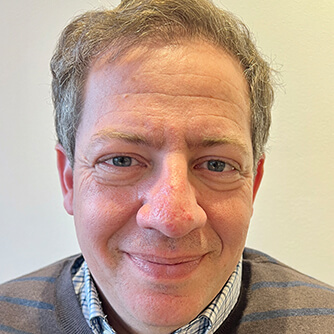
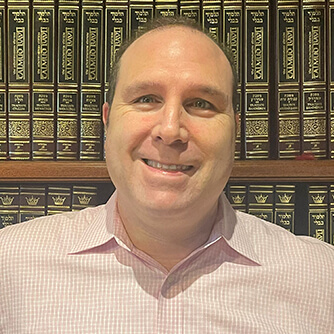
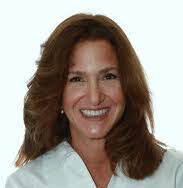
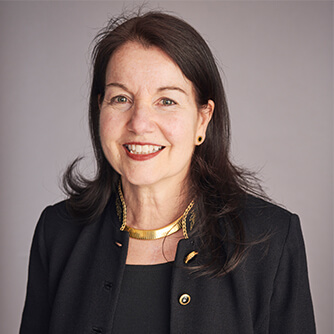
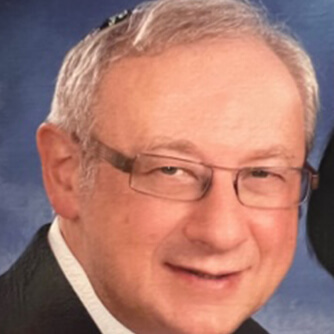
Medical Advisory
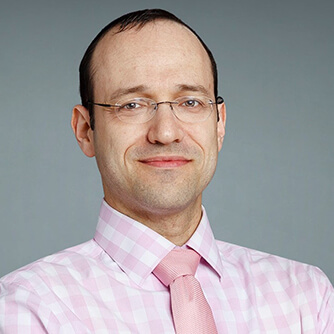
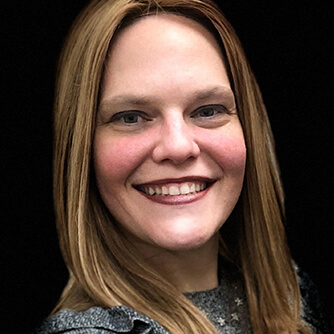
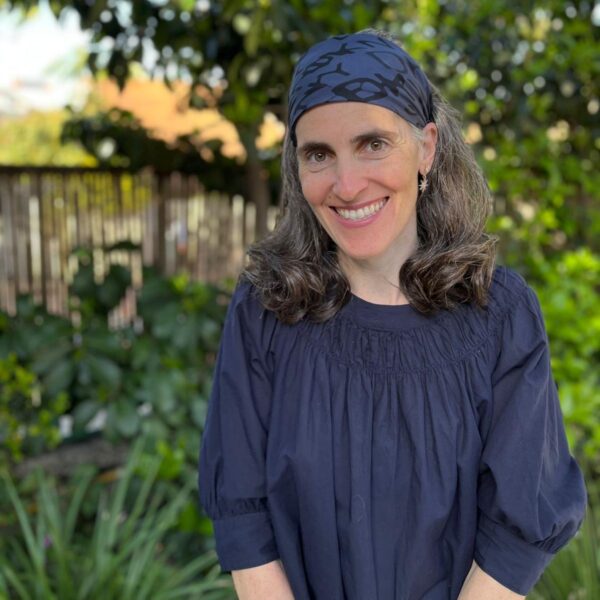
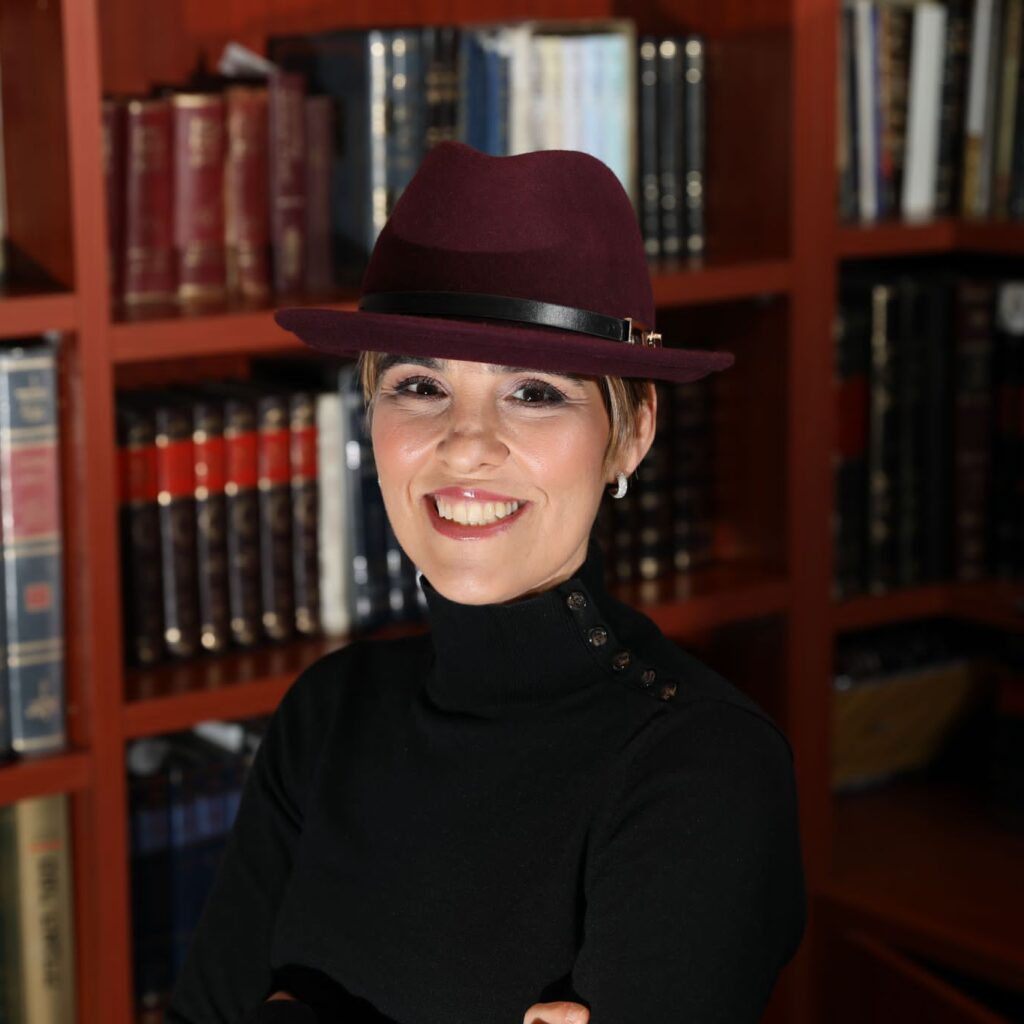
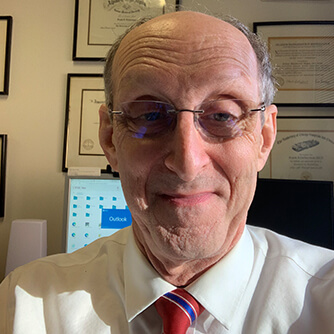
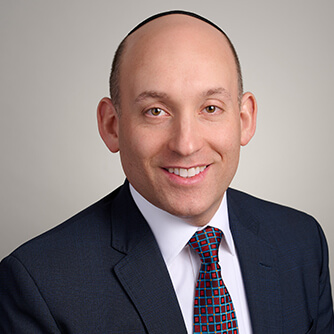
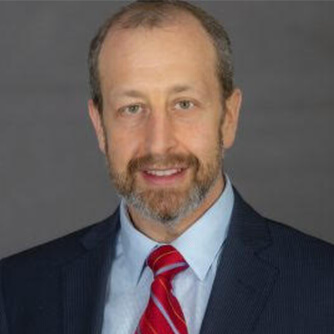
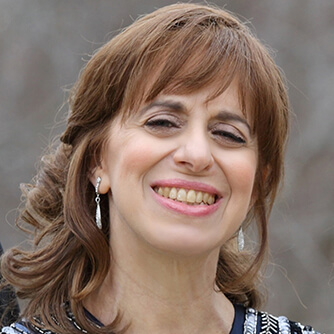
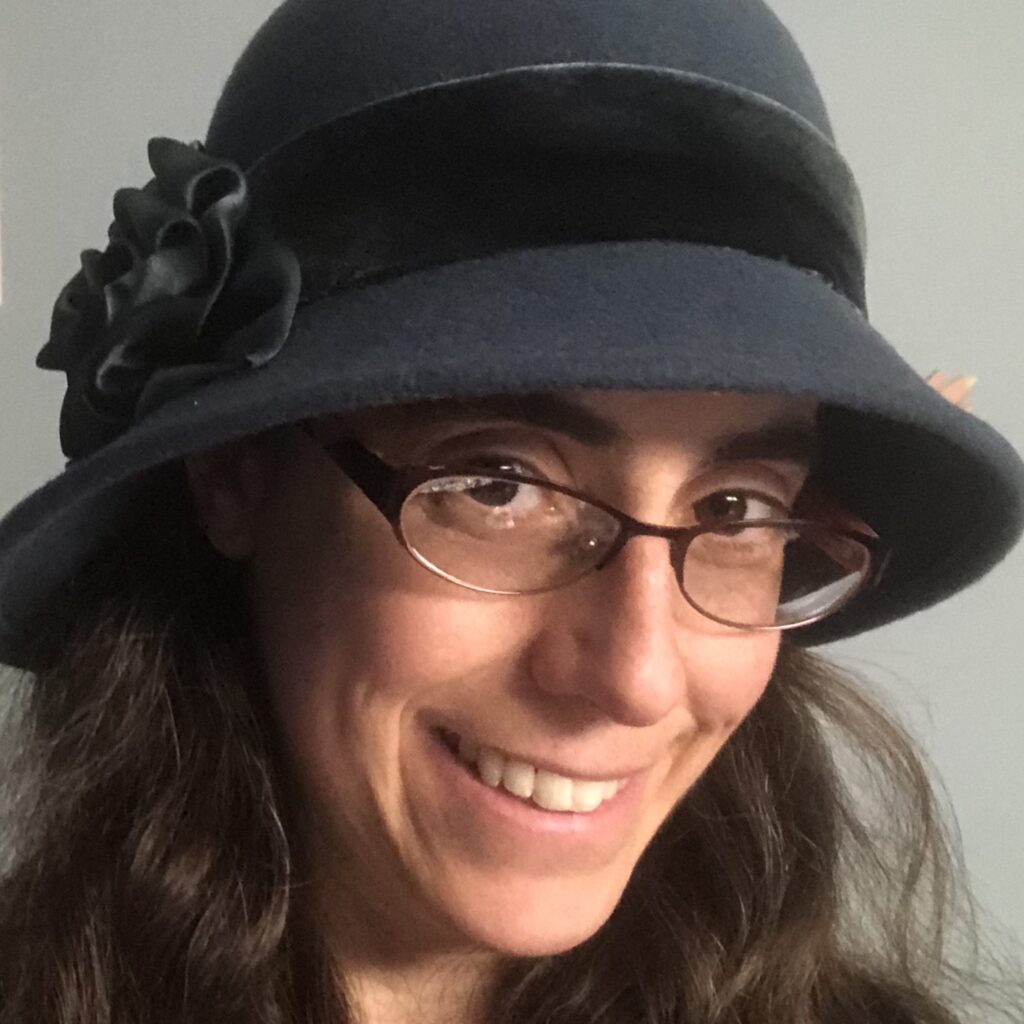
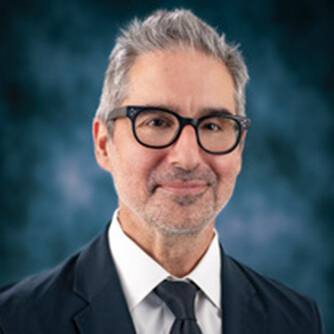
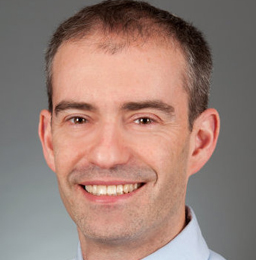
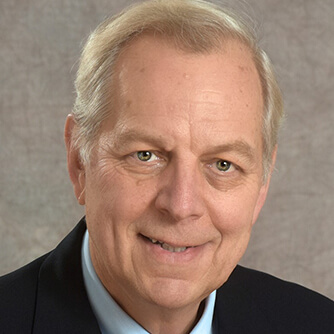
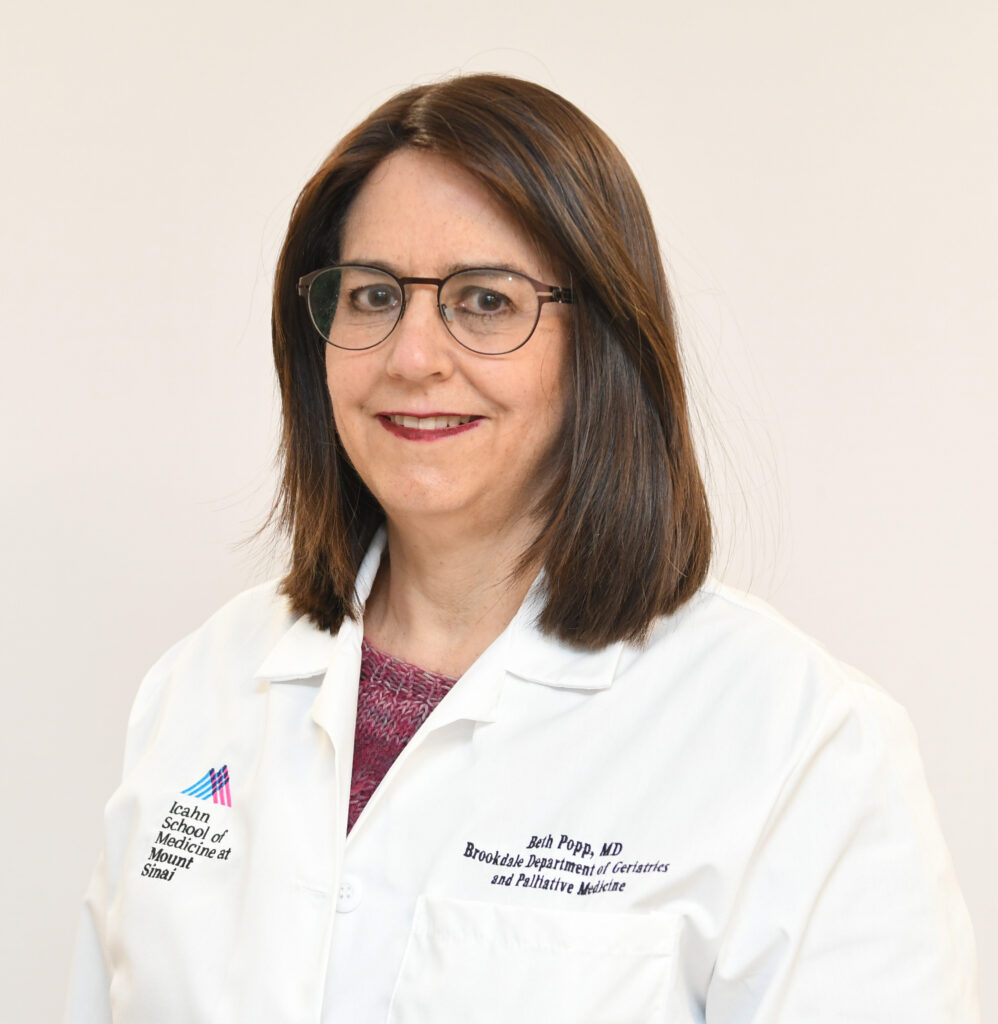
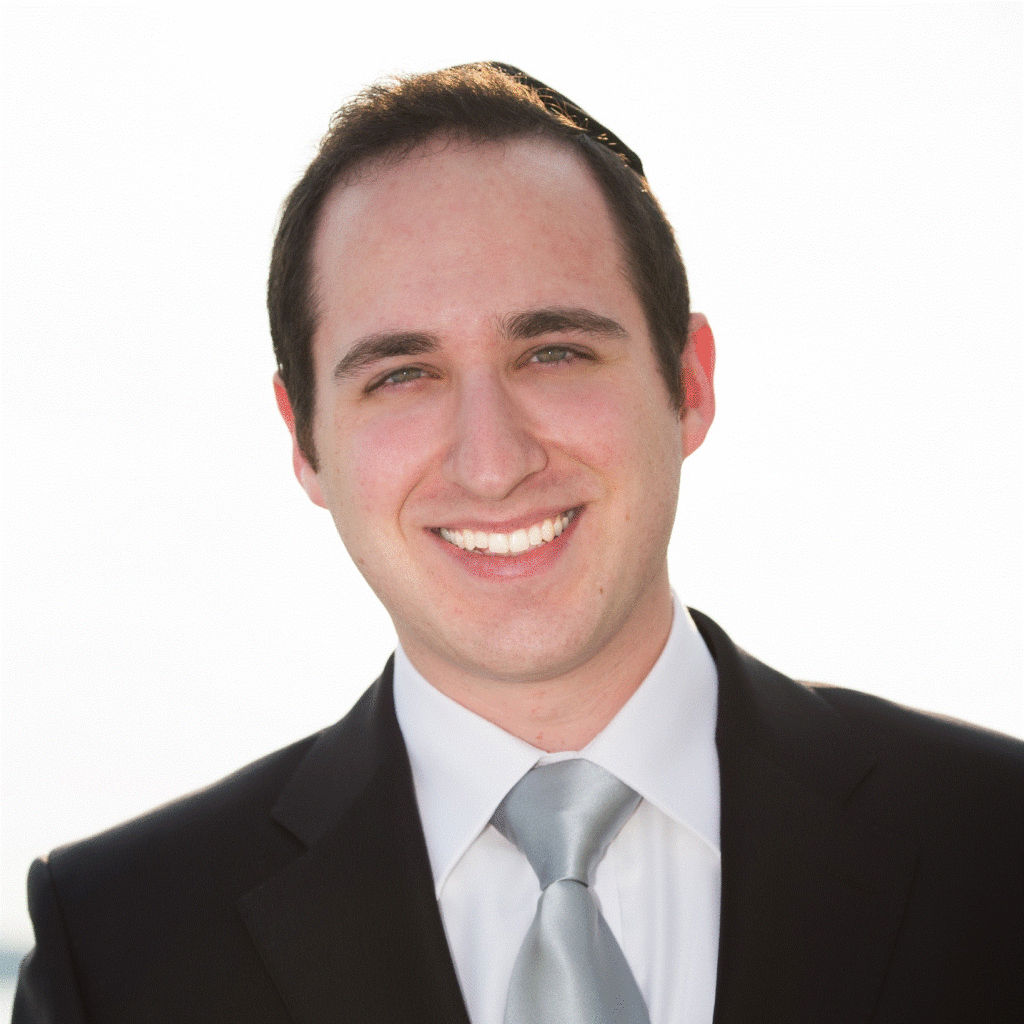
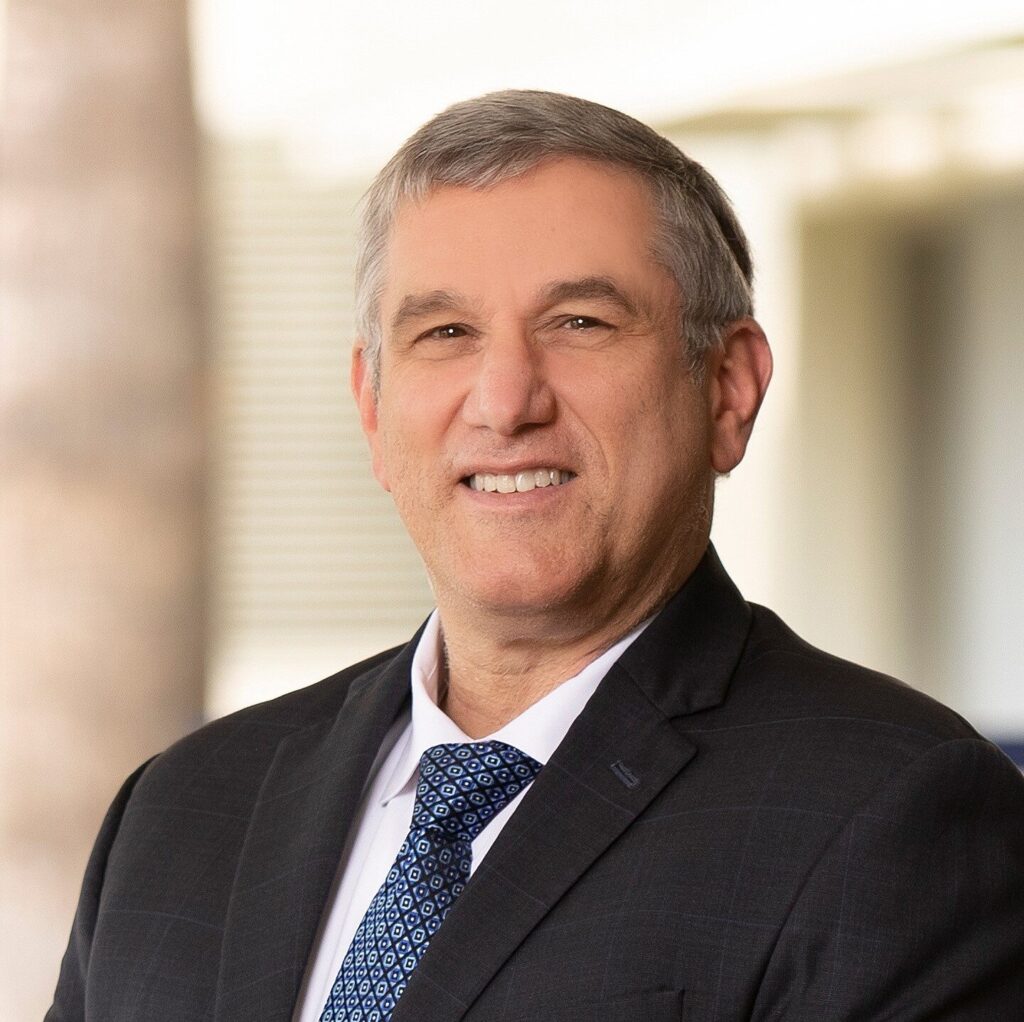
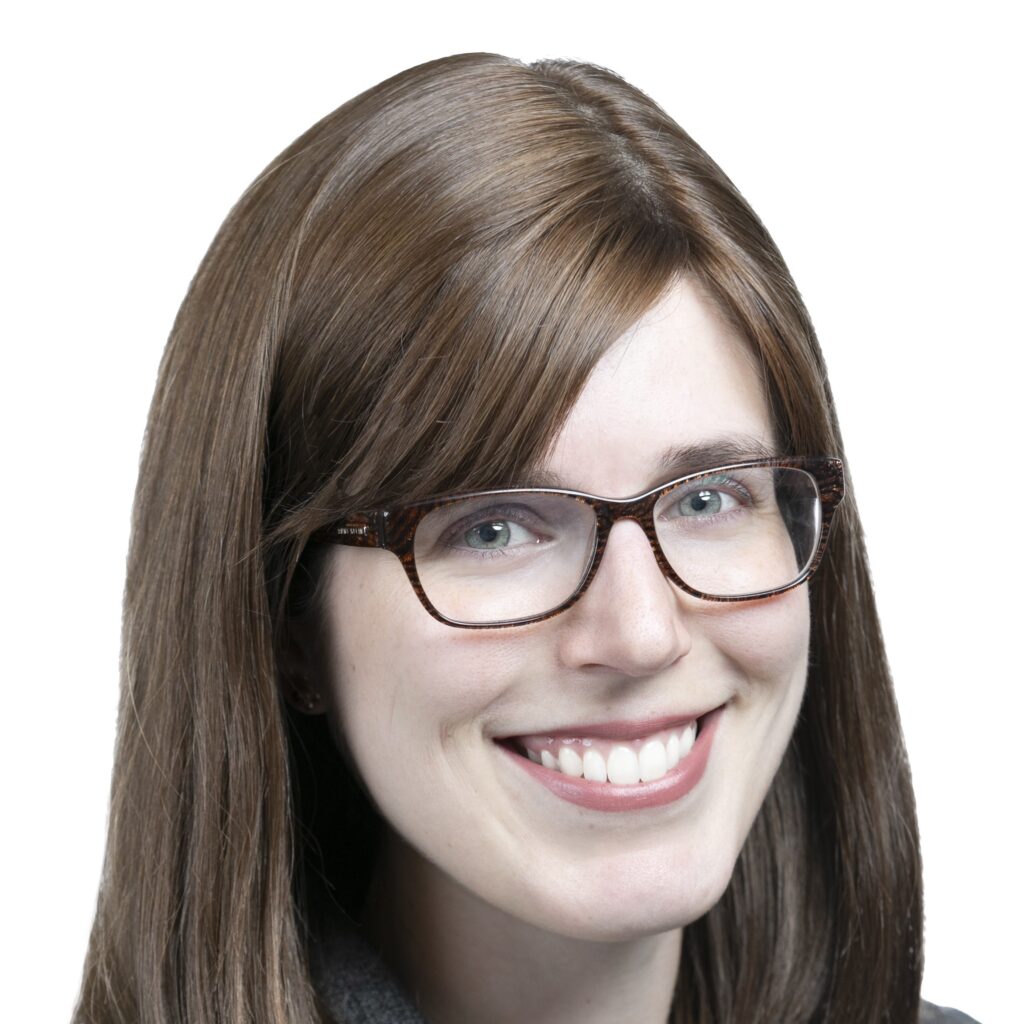
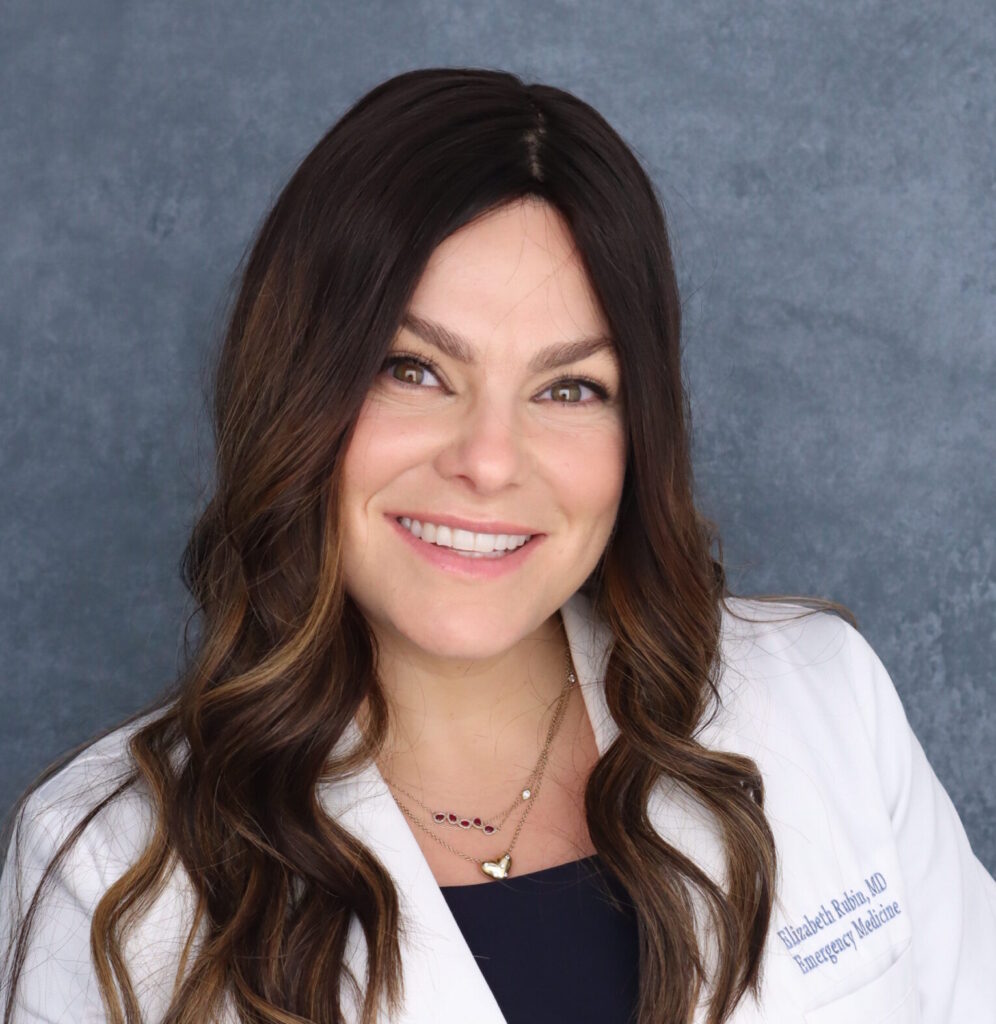
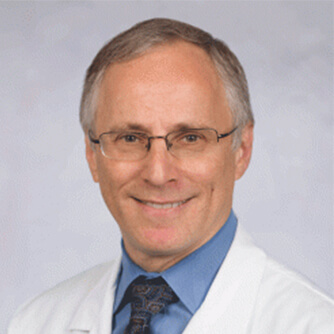
Rabbinic Advisory
